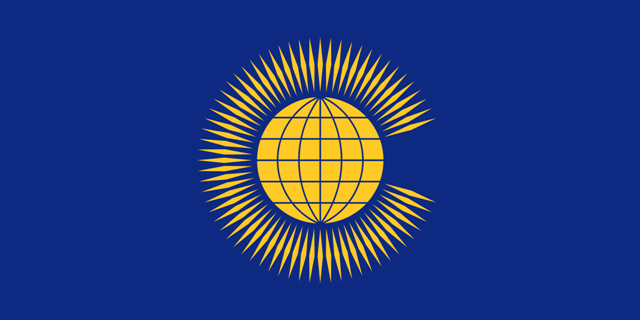I endorse the Commonwealth Study’s conclusions. I also accept the Study’s recommendations that the
Member States need to create an international commercial arbitration framework that reflects best
practices. I believe that is correct.
Also, allow me to say a few words about the state of arbitration in the Commonwealth Caribbean.
The following jurisdictions have modern arbitration legislation: Jamaica, Barbados, The Bahamas, The
Dominican Republic, the BVI, Cayman and Bermuda. The other jurisdictions in the Commonwealth
Caribbean have outdated Arbitration Acts. We are working to change this situation.
A Draft Arbitration Bill has recently been approved by the CARICOM Legal Affairs Committee. The Draft
Bill has been circulated to all member States for their respective parliamentary enactment.
Most jurisdictions are signatories to the NYC, except for St. Lucia and St. Kitts and Nevis.
Notwithstanding, all the jurisdictions recognize and enforce arbitration awards. In the case of St. Lucia
and St. Kitts and Nevis, they adhere to judicial precedent to recognize and enforce awards.
Furthermore, a number of the jurisdictions have created commercial courts specialized to deal with
commercial matters including arbitration related litigation: the BVI, Jamaica, Bermuda and Barbados.
The Cayman does not have a commercial court, rather, has created a specialist Financial Services
Division of the Grand Court.
Several international arbitration centres have been created in the Commonwealth Caribbean,
including the BVI, Jamaica, Barbados, Haiti, The Dominican Republic and Trinidad & Tobago.
As we discuss and promote arbitration in the Commonwealth, including the Commonwealth
Caribbean, it is becoming increasingly evident that arbitral institutions, arbitrators, counsel and judges
(arbitration practitioners) also need to adhere to exigencies of good practices in international
arbitration.
In order to properly serve the parties and the institution, arbitration practitioners must observe high
standards of ethical conduct. Codes of good practices or guidelines are construed to advance these
objectives. Existing international codes of good practices set forth generally accepted standards of
ethical conduct for the guidance of arbitration practitioners in commercial disputes, and in so doing,
contribute to the maintenance of high standards and continued confidence in the institution of
arbitration. Significantly, adherence to high ethical standards serve to preserve the enforceability of
the award, which is the objective of the parties’ decision to go to arbitration.
Guidelines are needed in a region where the practitioners are still not fully equipped to handle
international arbitrations. In order for Caribbean jurisdictions, in time, to surface as seats for
international arbitrations, especially those involving disputes between or among Asian, US, European
and/or Latin American parties, the Caribbean arbitration community must appreciate that the high
standards found in modern international arbitration practice, are also adhered to by practitioners in
the region. So, in addition to the legal framework, acceptance of a code by the Caribbean arbitration
community would serve to underscore the region’s adherence to good practices.
The arbitral process should be transparent, dependable and akin to the principles of equality, due
process, and confidentiality. With this in mind and comparing existing international arbitration practice
to the procedures present in the Caribbean, there is a deficit in the sphere of uniform arbitration
guidelines for the region.
Furthermore, international arbitration practitioners, unless customs and practices change in the
Caribbean, will be frustrated by the outdated and narrowly tailored arbitration habitudes of some
Caribbean institutions. A key example in this instance is the international norm of requiring arbitrators
to submit statements of impartiality and independence when being considered for appointment. This
practice has not become uniform in the Caribbean.
In order to promote confidence in international arbitration in the region, there is a need for the
establishment of a set of guidelines consisting of a list of recommendations and practices, most of
which are commonly used in international practice, that can be adopted by the various arbitration
institutions established in the region. These Guidelines would speak to nuances and business practices
in the region and would constitute the first attempt at a uniform and consolidated set of rules and
recommendations for practitioners in the Caribbean.
I would recommend that the Guidelines itself be divided into 4 sections. Section 1, geared solely
towards arbitration institutions, listing recommendations concerning the duties of arbitral institutions.
Section 2, geared towards conduct of counsel in international arbitrations. Section 3 would
recommend best practices for arbitrators in international arbitration. Section 4 would consist of a
model set of rules which reflect prominent international arbitration trends.
Accordingly, I accept the Study’s recommendations and add that we should also be looking to good
practices for the arbitration community.
I welcome comments as to the sequence of events that ought to occur in establishing the
Commonwealth Caribbean as an attractive place for arbitration.
